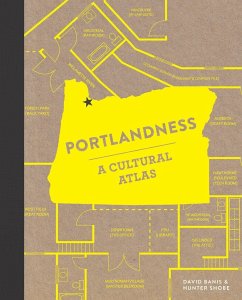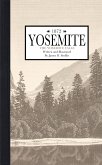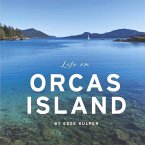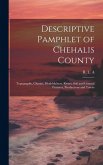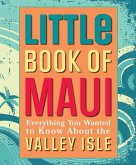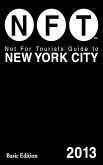The new cartography is about much more than just land! In 150 infographic maps of Portland, Oregon, two leading geographers explore unexpected topics like city chickens, wild coyote encounters, food-truck trends, and coffee culture. Modern cartography tells the hidden stories of Portland in these fascinating and colorful infographic maps. When mapmaking takes on nontraditional topics like patterns of graffiti, locations of strip clubs, or even which neighborhoods favor which house colors, finding your way around the city takes on a whole new meaning. Each map starts with the gathering of at least one data set about a given topic, then translating that to a visual format that blends traditional cartographic skills with modern graphic design.
Hinweis: Dieser Artikel kann nur an eine deutsche Lieferadresse ausgeliefert werden.
Hinweis: Dieser Artikel kann nur an eine deutsche Lieferadresse ausgeliefert werden.
